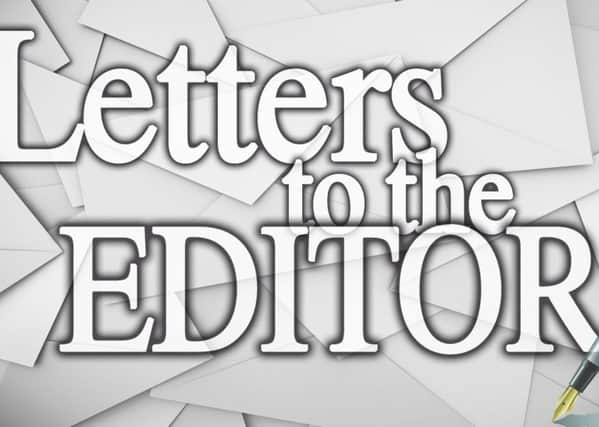The Irish language has become a political tourniquet against unionists


It is only right, however that I point out some salient points.
He states with reference to the Presbyterian Church in Ireland and the Irish language, that in the past they “made it a requirement that trainee ministers have a knowledge of the language”.
Advertisement
Hide AdAdvertisement
Hide AdIt should be clarified that this pertained to those serving, or wishing to serve, in the Gaelic speaking areas of the south and west of Ireland.
As has already been pointed out in the columns of this newspaper the real issue is that Irish, in its various forms throughout this island, has become a political tourniquet against unionists.
This drove “that learned and gentle Protestant soul” Douglas Hyde to resign as President of the Gaelic League in 1915.
Previously the Gaelic League had been non political and when formed in Belfast in 1895, had such distinguished patrons as: the Rev Dr Richard Routledge Kane,(1841-1898), the Grand Master of Belfast Orangemen, Dr Buick the Moderator of the General Assembly of the Presbyterian Church in Ireland and Dr Welland the Church of Ireland Bishop of Down, Connor and Dromore.
Advertisement
Hide AdAdvertisement
Hide AdThose who are genuine enthusiasts for the Irish language should note the wise words of the distinguished Oxford historian A.J.P. Taylor, who once said in reference to Napoleon III: “Like most of those who study history, he learned from the mistakes of the past how to make new ones.”
Brian Kennaway (Rev), South Antrim